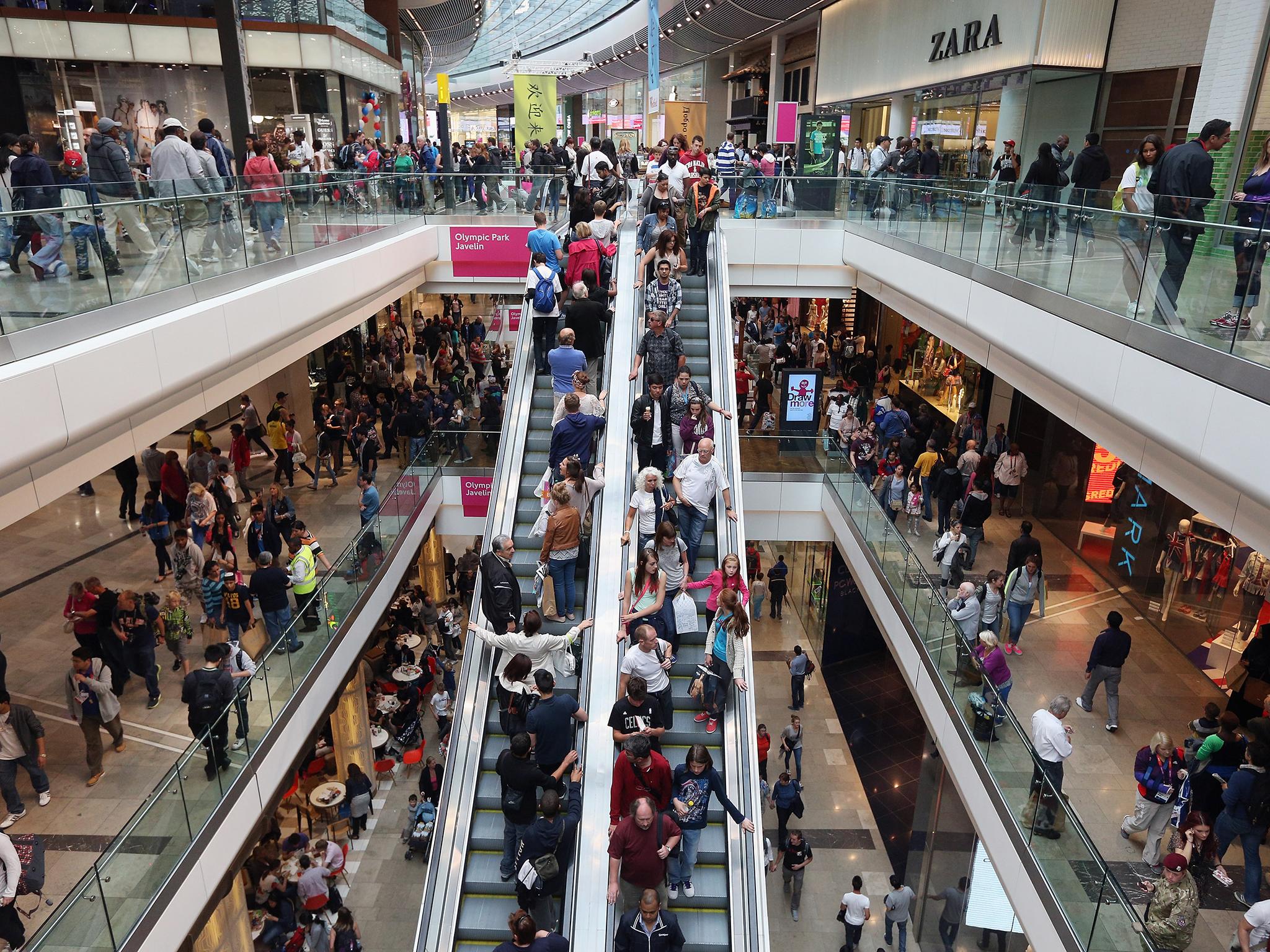Five signs that the world economy is not doomed yet
The G20 is meeting in China against a backdrop of market pessimism. But that’s only half the story...

There is a natural expectation, or at least hope, that policy-makers have a strong influence over what happens to the world economy. They are not in control. We all know that. But they are not powerless, and if they act together they can have a positive effect on economic outcomes. The Group of Twenty – the body linking the 20 largest economies in the world and accounting for 85 per cent of global GDP – did not exactly “save” the world at the London summit in 2009, as Gordon Brown claimed, but they managed to get an uneven recovery going. That recovery has continued through to the present.
Now the recovery is in trouble, or at least that would be the message from the financial markets. Share prices have tumbled, while the bonds of most developed countries now offer prospective negative real yields. Thus 10-year UK gilts are trading at 1.75 per cent, below the 2 per cent inflation target, and way below the average 4.25 per cent dividend yield on FTSE 100 company shares. That says either that investors don’t believe inflation will average 2 per cent over the next 10 years, or that company dividends will collapse, or that there will be a socking great world recession. Or possibly all three.
It is against this sombre background that the G20 finance ministers are meeting in Shanghai this weekend. If the general situation is far less perilous than it was in 2009, the range of policy options is far narrower. Most of the ammunition has been fired: they cannot cut interest rates, or at least not much, and they cannot increase fiscal deficits, or at least not much. In any case it is not clear that were policy to be eased it would have any effect. That, perhaps, is why investors are scared. Mummy and daddy can’t help, so they are on their own.
But that surely is too gloomy. For a start, though there is some slowing of economic growth, there is nothing like a global recession in the offing. The countries that have gone into recession, notably Russia and Brazil, have done so largely because of failures of domestic policy rather than a more general lack of demand. Next, there are some modest things that can be done to boost demand. China has hinted at some monetary easing; the European Central Bank will do something next month. Third, the latest data on growth from the United States is not too bad, and the UK likewise, with consumers in both countries driving the economy forward. There is concern about falling prices in much of Europe, and there are deeper problems there, particularly in France and Italy, but these have been around a while – including last summer when markets were soaring.
We will get a positive communiqué from the G20 and that is a start. But I suspect any shift in mood will take a few months to materialise. Meanwhile, we in the UK have the preoccupation of Brexit. In global terms whatever we decide is marginal. Even if we were to leave and even if that departure were messy, the loss of income to ourselves and the rest of the EU would be unpleasant, but it would not be material in global terms. The EU is only 17 per cent of global GDP, and expected to fall to 15 per cent by 2020. Back in 1980 it was 30 per cent of world GDP.
But, and I think this is important, were Britain to vote to leave the EU, it would have a significant impact on economic confidence beyond Europe. We have already seen how sterling has been pounded in the past few days. That is not rational, but it does say something about perceptions of the credibility of European leadership here and on the continent. Months of uncertainty lie ahead, which will delay corporate decision-making and lead to a more muted economic performance across Europe. So what should we look for? Here is a checklist.
One, the G20 meeting gets a positive reaction on the markets on Monday. The reaction matters more than the actuality, for if global investors feel the grown-ups are still in charge, they will in effect be in charge.
Two, does China continue to make the so-far quite successful transition from an economy driven by manufacturing and infrastructural investment to one driven by services? There is no quick and easy test of this, but people should focus less about things such as declining steel production and more about rising consumer spending.
Three, is the US consumer still confident? There was supportive data on Friday suggesting the answer is yes.
Four, when does cheap oil come to be seen as a blessing, boosting real incomes, rather than a curse? I expect it will, but people are so mesmerised by the specific adverse impacts of cheaper energy that they lose sight of the general positive effects.
And finally, when does inflation start to nudge up worldwide? Core inflation in the US is starting to climb, and I suspect that by the end of this year deflation will be a thing of the past.
Join our commenting forum
Join thought-provoking conversations, follow other Independent readers and see their replies
Comments
Bookmark popover
Removed from bookmarks